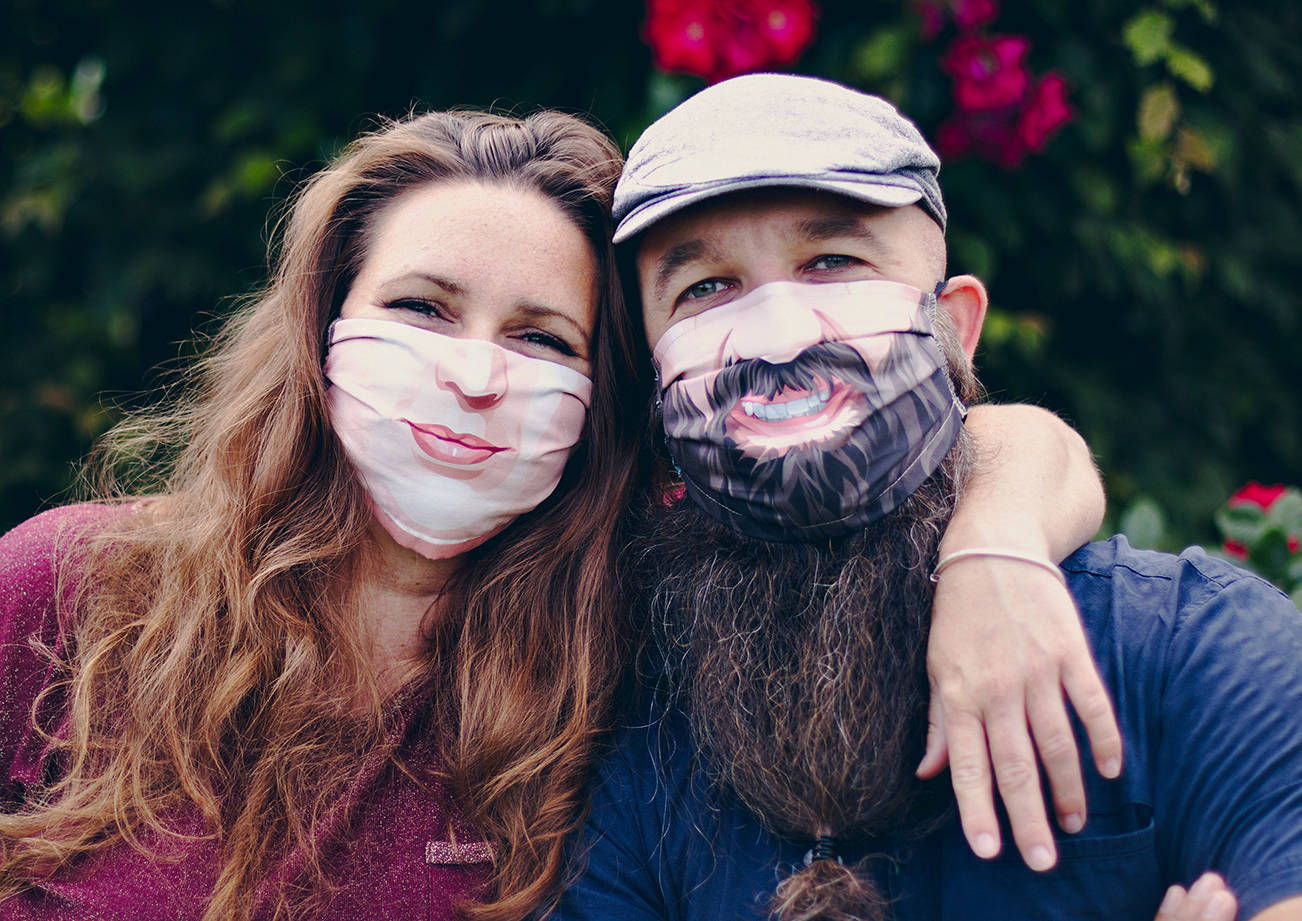Submitted by Washington State Department of Health
More than 50,000 people in Washington have been diagnosed with COVID-19. And between 30 and 50 percent of them caught it from someone who didn’t have any symptoms at all.
How does it feel to have COVID-19 without symptoms?
Having COVID-19 and having no symptoms means you look and feel and act just like you normally do.
• You cannot tell by looking at or interacting with someone whether they might be contagious and able to give you COVID-19.
• You might be contagious and able to give COVID-19 to your loved ones and not even know.
More people are getting diagnosed with COVID-19 each day than ever before. The number of people in the hospital is increasing again, too. Even when we feel great, we all need to take these precautions not to catch or spread COVID-19.
Avoid indoor gatherings
Getting together indoors with friends and family outside your immediate household is one of the riskiest things we can do right now. Indoor birthday, anniversary, and retirement parties; book clubs; having friends over for dinner. If you are indoors, you are putting yourself and your friends at risk of catching COVID-19.
Stay six feet away from others while outdoors
Outdoors is a bit safer — if there is plenty of space between you and other people. If you will be gathering with others, keep at least six feet between you and others, wash your hands often, and put your cloth face covering on if there is any chance you might momentarily get closer than six feet.
Be great mask ambassadors. (Mask-bassadors?)
Cloth face coverings greatly reduce how far the droplets in our breath can travel, and this protects everyone. Cloth face coverings are required in any indoor setting outside your home and in any outdoor setting where you can’t maintain six feet of distance from non-household members. Help us make covering our faces feel more normal!
Wear your cloth face covering. The more people see others covering their faces, the more comfortable they may feel wearing their own face covering.
Be friendly to others, from six feet away, whether they are wearing their cloth face covering or not. A few people are unable to wear a mask for medical reasons. By being friendly and wearing your own face covering, you may help them feel safer.
Share #MaskUpWA images and messages on your social media. Haven’t scrolled past any recently? Check them out at https://coronavirus.wa.gov/partner-toolkit.
Make or donate masks, or volunteer for organizations distributing masks. Check out the Lt. Governor’s page, https://www.ltgov.wa.gov/mask-challenge, for more information on a mask challenge.
Each of us can help slow the spread of COVID-19. Stay home as much as possible. When you’re out, keep your distance and wear a face covering. Wash your hands. Get tested if you have symptoms. We flattened the curve once before, and we can do it again.
Practice compassion
Be patient with your fellow Washingtonians as we learn these new behaviors. Avoiding others and learning new habits are added stressors in a very stressful time. Give people a little time to adjust. Make sure all your friends know about WA Listens, a support line to help anyone experiencing stress due to COVID-19.
More information
Information changes rapidly. Check the state’s COVID-19 website for up-to-date and reliable info at coronavirus.wa.gov.
Answers to your questions or concerns about COVID-19 in Washington state may be found at www.doh.wa.gov/coronavirus. You can also contact the DOH call center, 6 a.m.-10 p.m., seven days a week at 1–800–525–0127.



